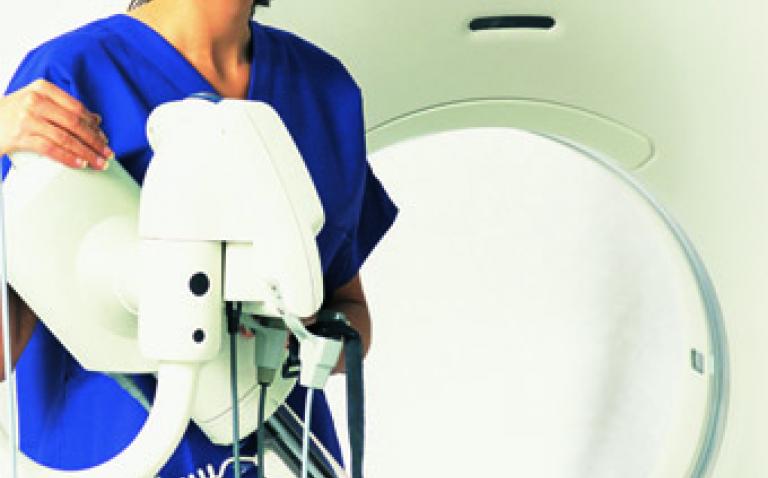Using MRI technology, scientists at Heidelberg University Hospital have discovered processes in brain metabolism that can explain the disturbed eating behavior of anorexics.
Patients with anorexia drastically reduce their food intake and are often not capable of changing their behavior leading to life-threatening weight loss. Less than one percent of the population is affected by life-threatening anorexia. Despite intensive treatment, the course of the disorder is severe and chronic in 20 to 30 percent of the cases and about 10 percent of the patients die of the disease.
The Heidelberg researchers examined 30 young women with and without anorexia by means of functional magnetic resonance imaging (MRI). The MRI device recorded the level of blood flow in various areas of the brain. Greater blood flow indicates higher metabolism and thus greater activity in this area of the brain.
The participants underwent a test that measured their capacity for flexible behavior modification of recently learned behavior. In this test, the subjects were shown a rapid sequence of various geometric shapes and asked to match them. After one test run, the matching principle was changed.
“In this study, we confirmed that anorexic patients cling to familiar behavioral responses more frequently than healthy subjects, thus suppressing alternative behavior,” explained Dr. Hans-Christoph Friederich, head of the working group for eating disorders.
The analysis of the MRI images also showed that in patients with anorexia compared with healthy subjects, a certain network pathway between the cortex and the diencephalon is less activated. This network pathway plays a decisive role in initiating and controlling actions under rapidly changing environmental demands.
The results of the study make it clear that neurobiological factors are involved and sustain the clinical symptoms of anorexia. Since psychological and neurobiological factors can influence each other, this may lead to new therapy approaches for anorexia.
“We have developed a treatment program for anorexia patients that specifically targets the flexible modification of behavioral responses,” says Dr. Friederich. Researchers hope to improve the success of psychotherapeutic treatment in this way. MRI examination of the brain will contribute to measure the success of the treatment.
Heidelberg University Hospital










